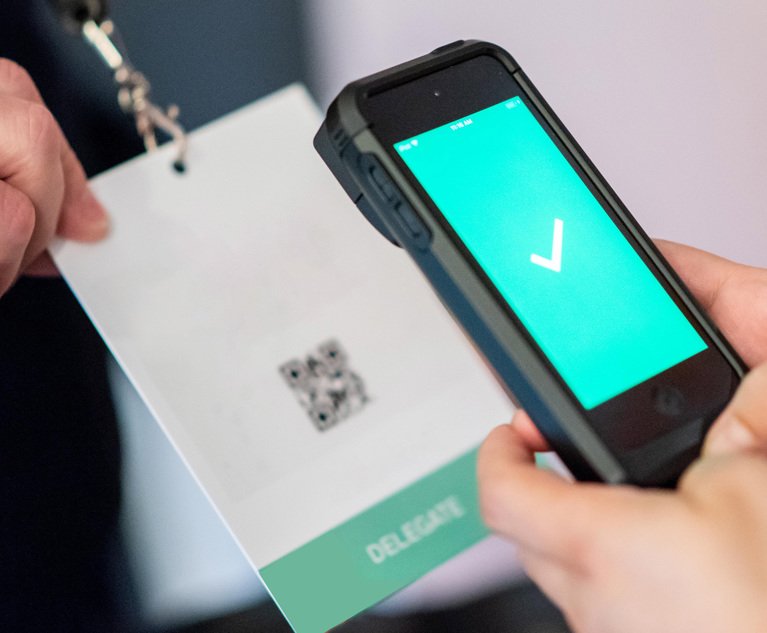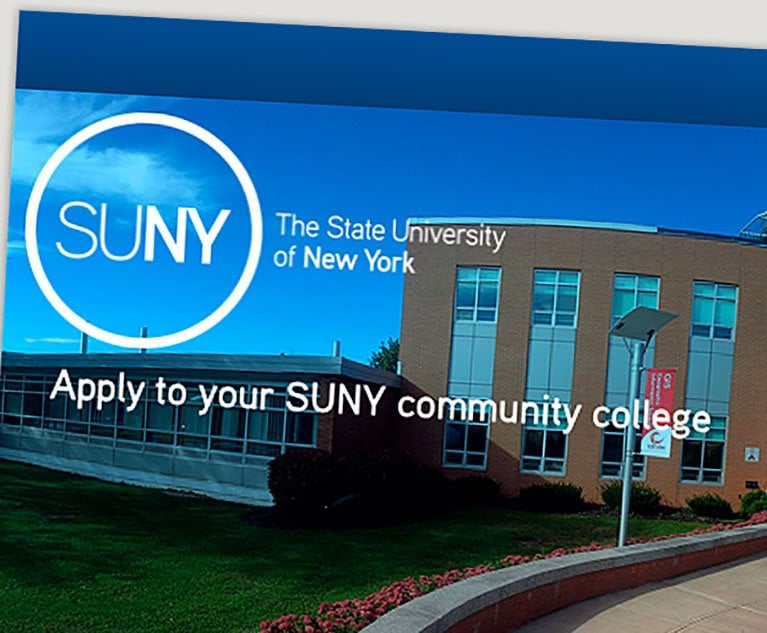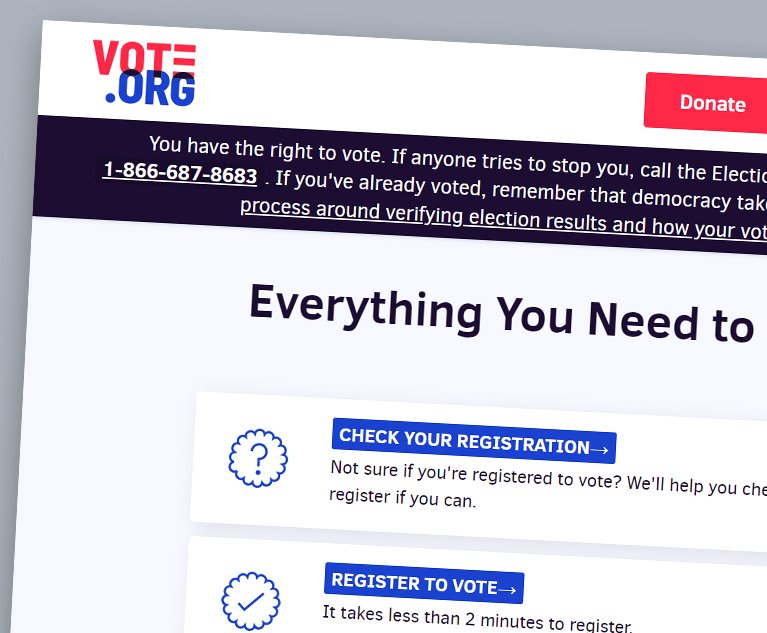Committee On Judicial Ethics

September 14, 2023 | New York Law Journal
Judicial Ethics Opinion 22-161A judge may purchase a sponsor-level ticket to a bar association's fund-raising dinner and be publicly listed as a "sponsor" of the event.
By Committee on Judicial Ethics
2 minute read

September 13, 2023 | New York Law Journal
Judicial Ethics Opinion 22-160On the facts presented, a judge may not participate in a public demonstration against gun violence.
By Committee on Judicial Ethics
12 minute read

September 12, 2023 | New York Law Journal
Judicial Ethics Opinion 22-159A full-time judge may participate, without compensation, in an interview for a documentary about the life and career of a now-deceased judge who served as the inquirer's mentor.
By Committee on Judicial Ethics
4 minute read

September 11, 2023 | New York Law Journal
Judicial Ethics Opinion 22-158A full-time judge may be the uncompensated guest speaker discussing aspects of the judge's life and career path related to diversity and inclusion at a for-profit company's employee-only event, where the company's interests are unlikely to come before the judge and the judge's name and image would not be used for commercial purposes.
By Committee on Judicial Ethics
5 minute read

September 10, 2023 | New York Law Journal
Judicial Ethics Opinion 22-157Where the remaining tasks are essentially ministerial and do not involve legal work, a new full-time judge may complete their service as a referee in foreclosure, pursuant to a court appointment that was made before the judge assumed the bench. Thus, the judge may, if necessary, conduct closings after January 1st, hold the proceeds in escrow pending a court order directing their release, and seek a court order regarding disposition of unresolved monies remaining in an escrow account.
By Committee on Judicial Ethics
5 minute read

September 07, 2023 | New York Law Journal
Judicial Ethics Opinion 22-156(1) A full-time judge may accept a $10,000 honorarium to serve as a mentor-in-residence at a SUNY/CUNY college, where (a) the duties of the mentor-in-residence over the course of a semester involve guest lecturing in selected courses, meeting with groups of students and faculty on assorted topics, and holding office hours for mentoring students and (b) the college offers the same standard honorarium to any such mentors-in-residence. (2) Whether these activities may take place during regularly scheduled court hours, with time charged to annual leave, are administrative questions to be determined by the appropriate Administrative Judge.
By Committee on Judicial Ethics
5 minute read

September 06, 2023 | New York Law Journal
Judicial Ethics Opinion 22-155A judge who is seeking election or re-election to judicial office may, during the applicable window period, record and post short videos on their personal social media accounts for the purpose of connecting with the public to highlight the judge's qualifications for judicial office and provide educational content on alternate dispute resolution and mediation. At the end of the window period, the judge must remove the videos from all social media accounts.
By Committee on Judicial Ethics
4 minute read

September 04, 2023 | New York Law Journal
Judicial Ethics Opinion 22-154(1) A judge whose law clerk was formerly an equity partner at a law firm must insulate the law clerk from all cases in which the law clerk had any involvement whatsoever as an attorney, and must disclose the insulation. (2) While the law clerk is receiving periodic "vesting payments" from their former law firm for fees generated during the partnership, the judge must make full disclosure in all matters where that law firm appears. After disclosure, the judge may preside if the judge can be fair and impartial, and need not insulate the law clerk solely on the basis of these vesting payments. The obligation to disclose the vesting payments terminates when the payments completely end.
By Committee on Judicial Ethics
4 minute read

August 31, 2023 | New York Law Journal
Judicial Ethics Opinion 22-153(1) A judge need not recuse from a small claims case merely because they might potentially learn about another judge's possible legal, procedural and/or ethical missteps in another case. (2) The inquiring judge is in the best position to determine whether they have received information indicating a substantial likelihood that another judge has committed a substantial violation of the Rules Governing Judicial Conduct and, if so, what action is appropriate under the circumstances. (3) We cannot respond to questions about past conduct, legal issues, conduct of another judge, or interpretation of another judge's decisions/rulings.
By Committee on Judicial Ethics
6 minute read

August 30, 2023 | New York Law Journal
Judicial Ethics Opinion 22-150May a judge make charitable donations to Vote.org, which describes itself as the "largest 501(c)(3) nonprofit, nonpartisan voting registration and get-out-the-vote (GOTV) technology platform in America, with the goal of reaching historically underserved voters of color and underrepresented young voters"?
By Committee on Judicial Ethics
2 minute read
Trending Stories
- 1Merchan Rejects Trump's Bid to Delay Manhattan Sentencing
- 2High-Low Settlement Agreement 'Does Not Alone Establish Bias:' State High Court Affirms $20M Med Mal Verdict
- 3NYAG Preparing to Withdraw From Defense of Four Correction Officers' Federal Lawsuits
- 42 Judges: Meet the New Chief Justice and the GC Who Just Rose to the Bench
- 5Holland & Knight Matches Milbank Bonuses for Some Associates
More from ALM
- Scan In Progress: Litigators Leverage AI to Screen Prospective Jurors 1 minute read
- Legal Speak at General Counsel Conference East 2024: Match Group's Katie Dugan & Herrick's Carol Goodman 1 minute read
- Legal Speak at General Counsel Conference East 2024: Eric Wall, Executive VP, Syllo 1 minute read



